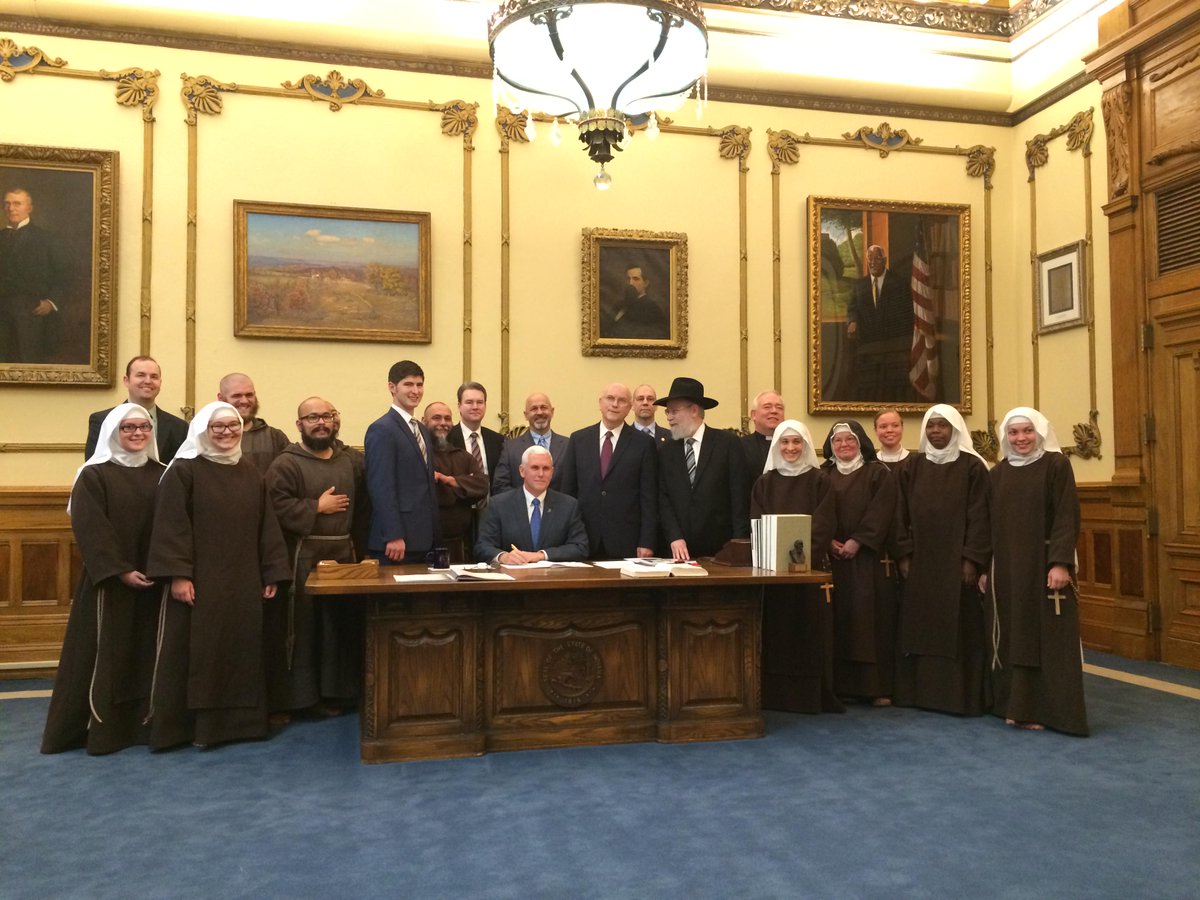By
Geoffrey PikeFriday, March 13th, 2015
There’s an old joke where a man is asked, “How’s your wife?” The man replies, “Compared to what?”
When talking about financial markets, the term “relatively speaking” is an important one. And I can think of no better example than the U.S. dollar.
The U.S. dollar index is now around 100. Four years ago, in 2011, it was below 74. Just last year, it was below 80. The dollar has seen huge gains.
Almost everyone agrees that the U.S. dollar is very strong. To that, I say, “Compared to what?”
What is even more astounding is the strength of the dollar given the Federal Reserve’s policy over the last six years. The Fed has approximately quintupled the adjusted monetary base. It has held the federal funds rate near zero percent for over six years.
If someone had told me this information back in 2008, I would have guessed that the dollar would be crashing. I would have guessed that it had already lost its status as the world’s reserve currency.
I also would have guessed that we would see high consumer price
inflation, but that is without taking into account that most of this new money has gone into the banking system as excess reserves — not loaned out.
The Centralization of Europe
When the euro was introduced in 1999, there were certainly opposing views on its future viability.
The centralizers generally favored the euro. They believe in central planning. Some of them favor a one-world government, and they saw the European Union as a step in that direction.
The centralization of Western Europe and the euro are young. Many people say most empires only last 200 years. In the case of the European Union, it will be lucky to last 20.
Some trace the EU origins back to 1958 with the European Economic Community. But the six founding member countries still kept different currencies.
I believe the European Union really became effective with the start of the euro in 1999. While not all of the eurozone countries adopted it as the official currency, there are 19 European countries that have. A central bank with a uniform currency is really the mark of a centralized union.
It would be easy to mark 1913 as a point in U.S. history where the U.S. government greatly centralized power — it is the year the Federal Reserve was formed. It was also the year where constitutional amendments were adopted for federal income taxes and the direct election of senators.
In the case of the euro, you could see trouble from the beginning. The cultures differ greatly within the EU. There are language differences, as well as different viewpoints on free markets, welfare, work ethic, and the use of debt. While you will always get differing viewpoints, they seem to be starker in Europe.
Sure, you will get plenty of differing opinions between California and Alabama, but you will still find plenty of leftists in Alabama and plenty of conservatives in California. In the U.S., things are mixed up a bit more and the cultures are more similar.
In the eurozone, you’ve got Greece, which is basically a massive welfare state. There is no possible way that the debt taken on by the Greek government can ever be paid off. Right now, it is just a matter of buying time.
Unless Germany agrees to a full bailout of Greece, which seems unimaginable at this point, a Greek exit seems inevitable.
Greece is a relatively small country, and you wouldn’t think it would have so much significance. But it is symbolic, and I think most people realize this. If Greece gets bailed out, then why shouldn’t Italy and Spain? The problem is that they are much bigger countries with an extra digit on the end of their debts (trillions instead of hundreds of billions).
And what if Greece leaves? It will certainly make it easier for others to leave. Why wouldn’t Spain and Italy leave eventually? And then why not Portugal and France?
To me, a breakup of the European Union looks inevitable. It is more a question of how many more years this failed experiment will drag on.
The Disaster of the Euro
With all of the economic problems in Western Europe, the euro has not faired well. If you are a big exporter in Europe, perhaps you have temporarily benefitted with a weaker currency.
Overall, this is bad news for most Europeans. Their currency is losing value, especially now that the
European Central Bank is engaging in its own form of quantitative easing. Consumers in Europe, already saddled with high taxes and weak economies, now get to pay more for consumer products. The only thing keeping prices somewhat down is the massive fear that causes an increase in the demand for money.
The ECB’s action of creating massive amounts of new money out of thin air is not going to work. The ECB thinks it should just imitate the Fed because the Fed has gotten away with it so far.
But we are not at the end of the story yet. The Fed has created massive distortions that have not yet played out. In addition, the U.S. is starting from a stronger point with greater economic growth, more capital, more production, and a general spirit of entrepreneurship.
The U.S. is also in the unique position of having the world reserve currency. This may or may not last much longer, but it still keeps demand high for U.S. dollars in the present.
When the euro started out, it did surprisingly well. It appreciated quickly against the U.S. dollar, going as high as $1.60 in early 2008. That means it took $1.60 to buy one euro.
As I write this, the euro has sunk to about $1.05. It now takes just over one dollar to buy one euro.
Soon enough, the euro will likely reach parity with the dollar. For all intents and purposes, it is basically there now.
The bigger question is where it will go from there. There is no reason the euro can’t continue to sink further, especially if the ECB continues its policy of loose money and low interest rates.
2015: The Year of the Gold Bull Market
Join Wealth Daily today for FREE. We'll keep you on top of all the hottest investment ideas before they hit Wall Street. Become a member today, and get our latest free report: "Gold Outlook for 2015"
It contains full details on something incredibly important that's unfolding and affecting how gold is classified as an investment..
Invest in Dollars?
We shouldn’t really be bullish on the U.S. dollar — we should be bearish on other currencies.
In particular, the euro and the yen do not look good. There is a reason the Swiss central bank broke the link between the euro and the Swiss franc.
In terms of investing, I see no reason to bet against the U.S. dollar in the short term. The other currencies are just that bad. But this doesn’t mean you have to bet on the U.S. dollar, nor does it mean you shouldn’t have protection against the dollar.
In many ways, it is a race to the bottom. The U.S. dollar is just losing its value at a slower pace than the other major currencies right now.
You should always have some protection against a depreciating dollar in your portfolio. This is one of the main arguments in favor of gold and silver, but particularly gold. Despite the huge surge in the U.S. dollar over the last year, gold has actually held up reasonably well.
The gold price can still hold up in the face of a strong dollar because it is a race to the bottom. There is also demand for gold coming from some foreign central banks.
There is always some demand for gold coming out of
India. And maybe more Europeans and Japanese will realize they need to own gold to protect their wealth from their respective depreciating currencies.
The U.S. dollar is strong compared to the euro and yen. Compared to gold and silver, it will not hold up in the long term.
The dollar has lost over 95% of its value over the last 100 years. Why should we expect this trend to change?
Until next time,
Geoffrey Pike for Wealth Daily


















